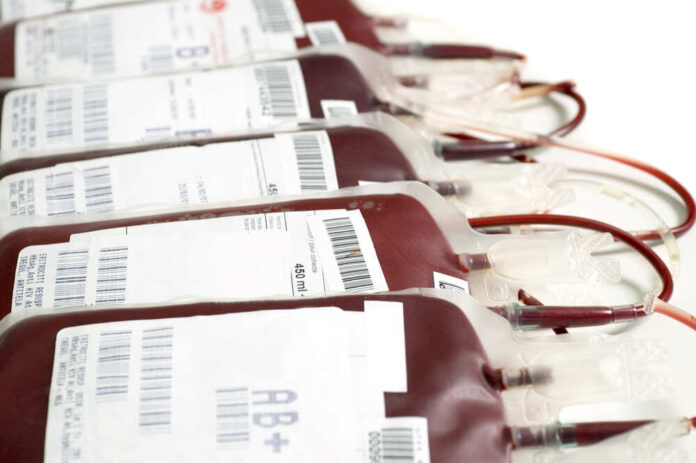
The Food and Drug Administration (FDA) has recently implemented substantial revisions to its regulations regarding the eligibility of blood donors, with the objective of enhancing the willingness of individuals to donate blood. Among these updated measures, the FDA has eliminated the distinct eligibility questionnaire previously required for gay blood donors. This action represents a commendable step forward in promoting inclusivity and equality within the realm of blood donation.
In the past, homosexual and bisexual men were prohibited from donating blood due to their increased vulnerability to acquiring HIV. This prohibition was enforced from 1983 until 2015. Subsequently, the Food and Drug Administration (FDA) implemented screening questionnaires for potential blood donors from the LGBT community. These modifications were prompted by advancements in blood-testing methods and the efforts of LGBT activists, who viewed the restrictions on blood donation as a violation of their civil rights.
In accordance with the updated regulations, every individual willing to donate blood, irrespective of their sexual orientation, will be subjected to identical inquiries regarding their recent sexual activities. The existing time-based restrictions imposed on men who have engaged in sexual relations with men and women who have engaged in sexual relations with women will be abolished. Consequently, prospective donors will no longer be subjected to automatic deferrals solely based on their sexual orientation.
The survey will now include questions regarding recent sexual encounters with a new partner or multiple partners. Furthermore, individuals who answer “yes” to these questions will also be asked if they have participated in anal intercourse. It is crucial to emphasize that if a potential blood donor responds “no” to both questions, they will be considered eligible to donate blood, irrespective of their sexual orientation.
Dr. Peter Marks, who serves as the director of the Center for Biologics Evaluation and Research at the FDA, places great emphasis on the FDA’s unwavering dedication to upholding necessary safeguards for individuals receiving blood products. The FDA has invested considerable resources in reassessing their policies to ensure they are grounded in scientific evidence, enabling them to effectively evaluate the risks associated with donor eligibility.
Dr. Marks considers the removal of the distinct eligibility questionnaire to be a momentous achievement for the LGBTQI+ community. He holds the belief that the adoption of a personalized risk-based approach will serve as a crucial advancement. The FDA is committed to upholding the safety of the blood supply and will work closely with the blood collection industry to expeditiously implement the revised guidelines.
The FDA’s decision to eliminate the distinct eligibility questionnaire for homosexual individuals wishing to donate blood demonstrates a forward-thinking and all-encompassing approach to blood donation. This modification not only promotes fairness and impartiality, but also acknowledges the advancements made in blood-testing technology and the importance of aligning policies with scientific findings. The intention behind these revised measures is to foster greater participation in the critical act of blood donation, irrespective of sexual orientation.














